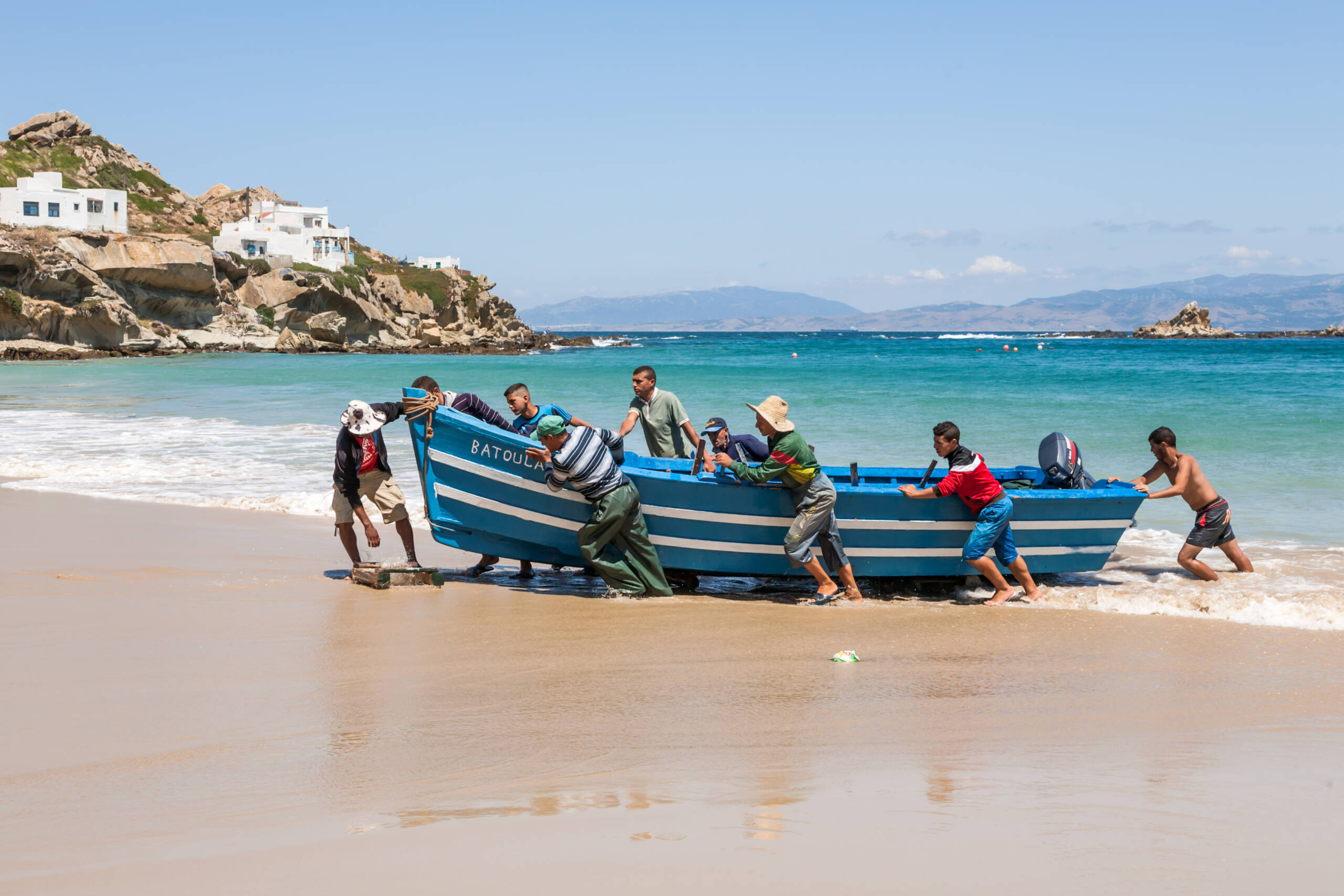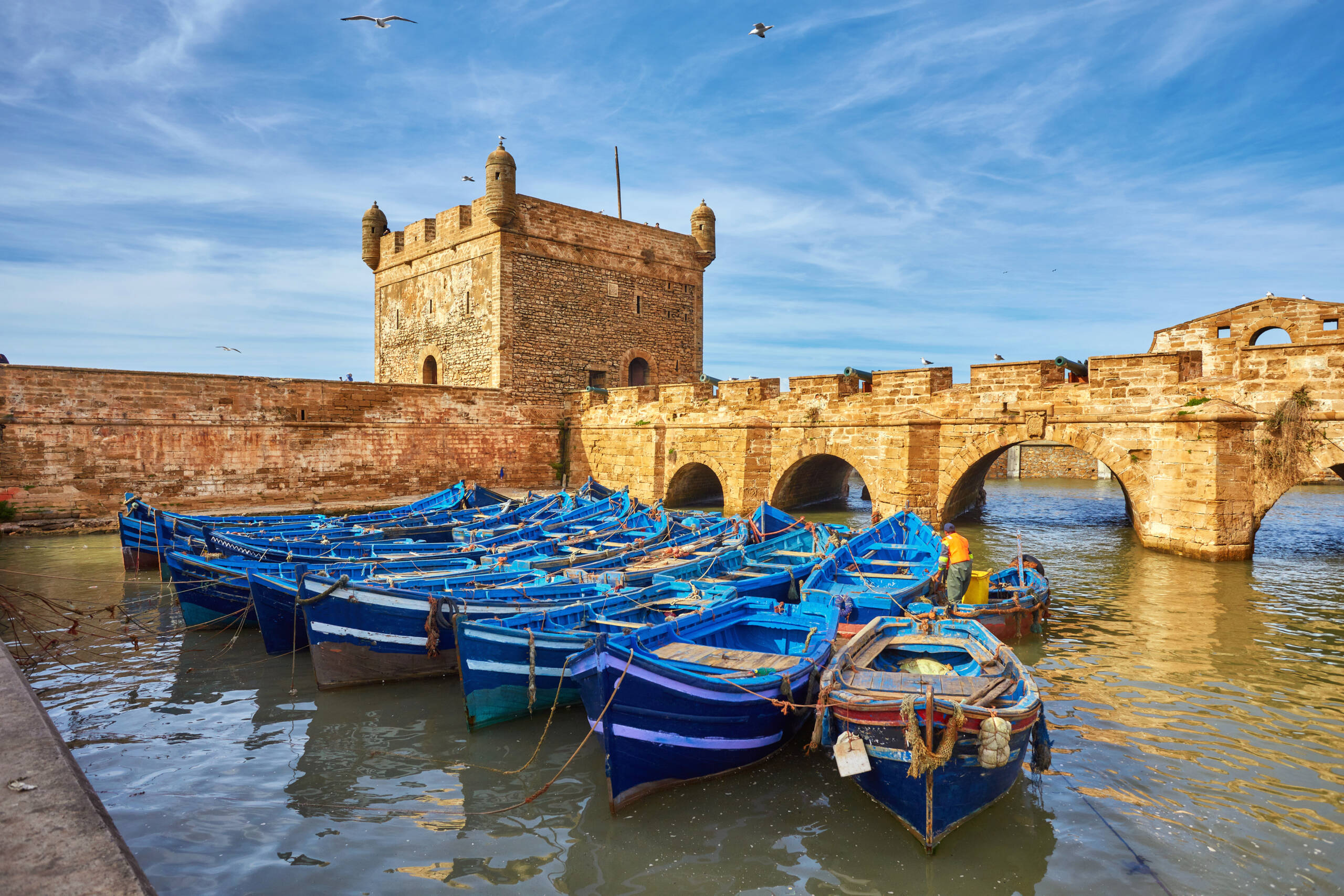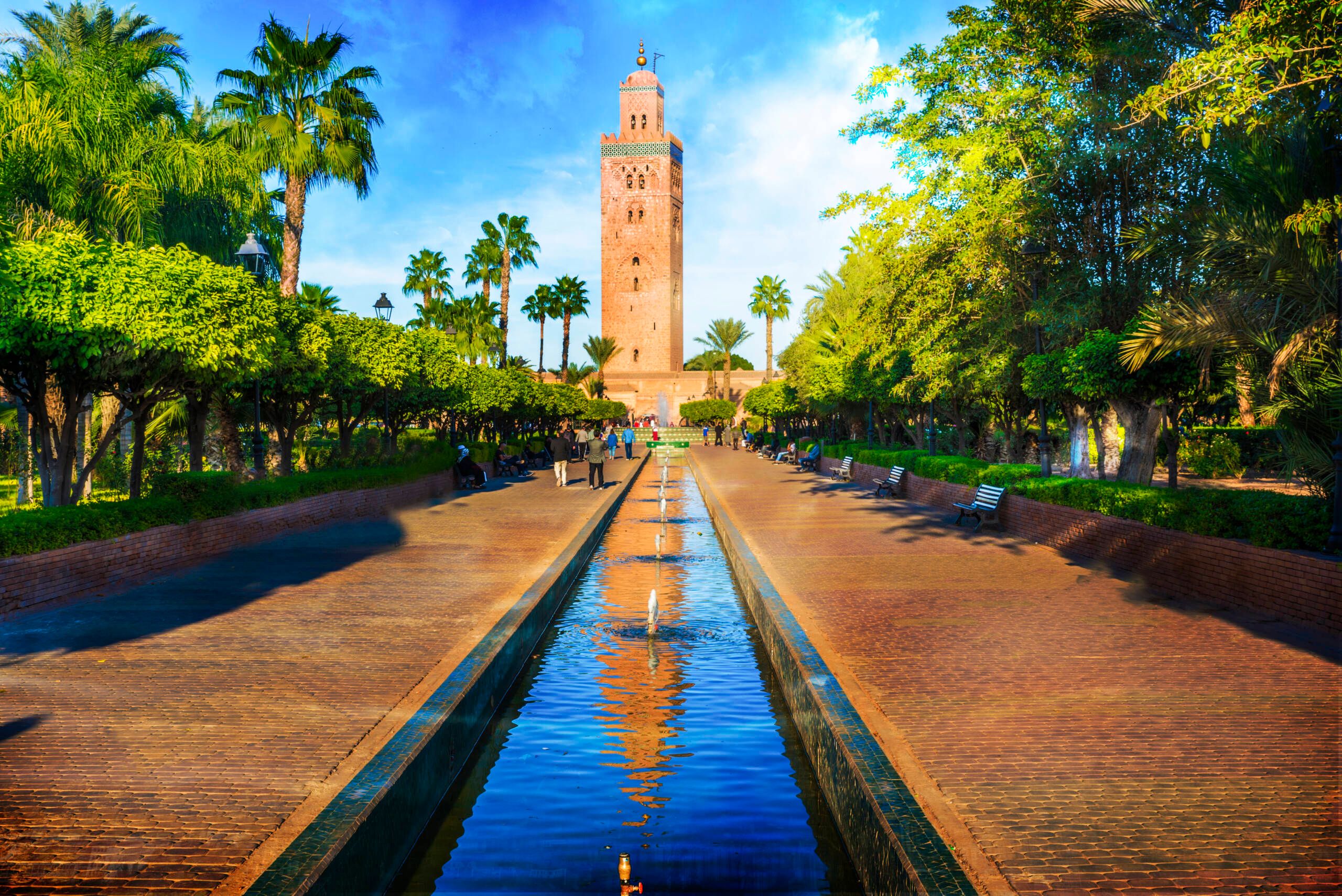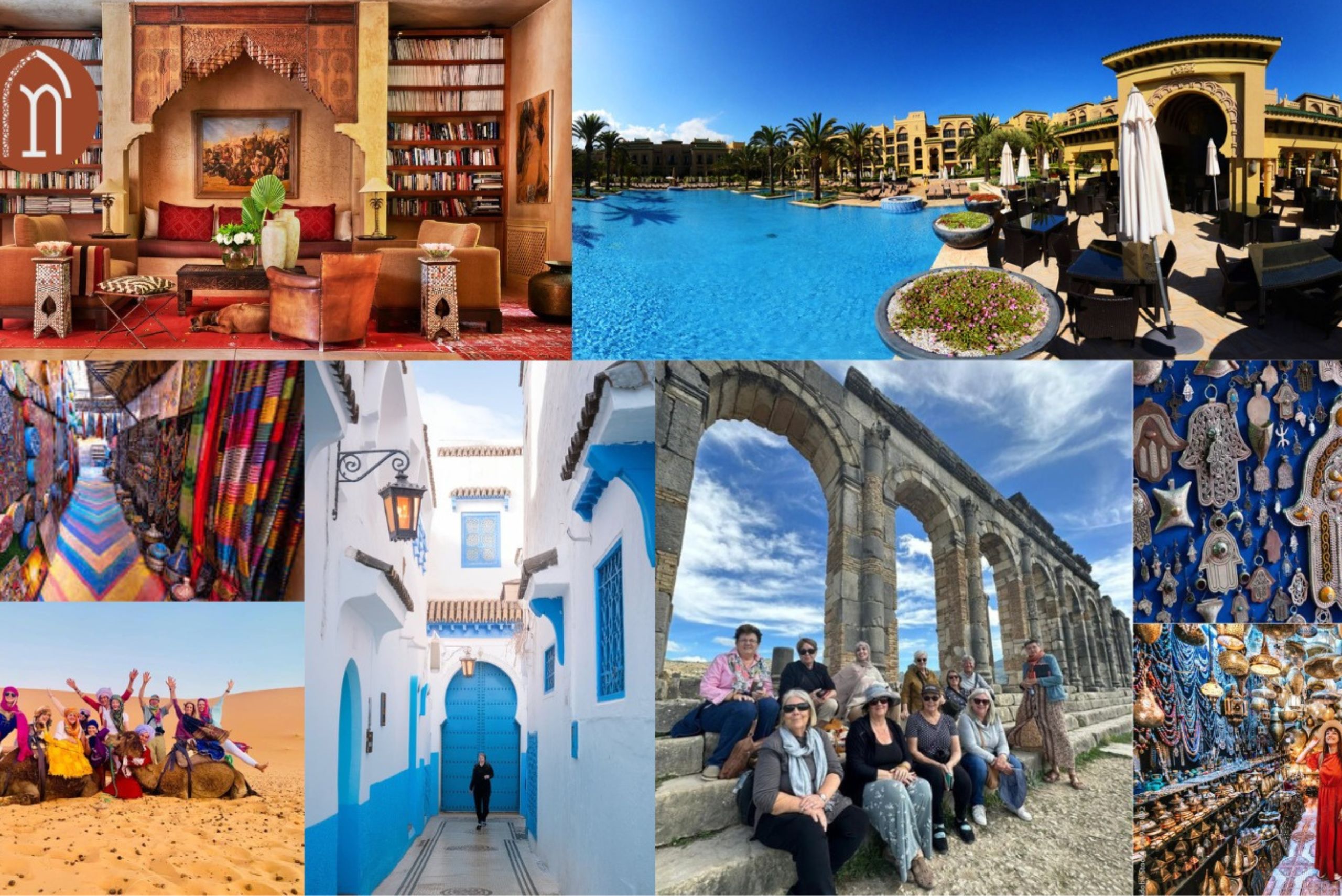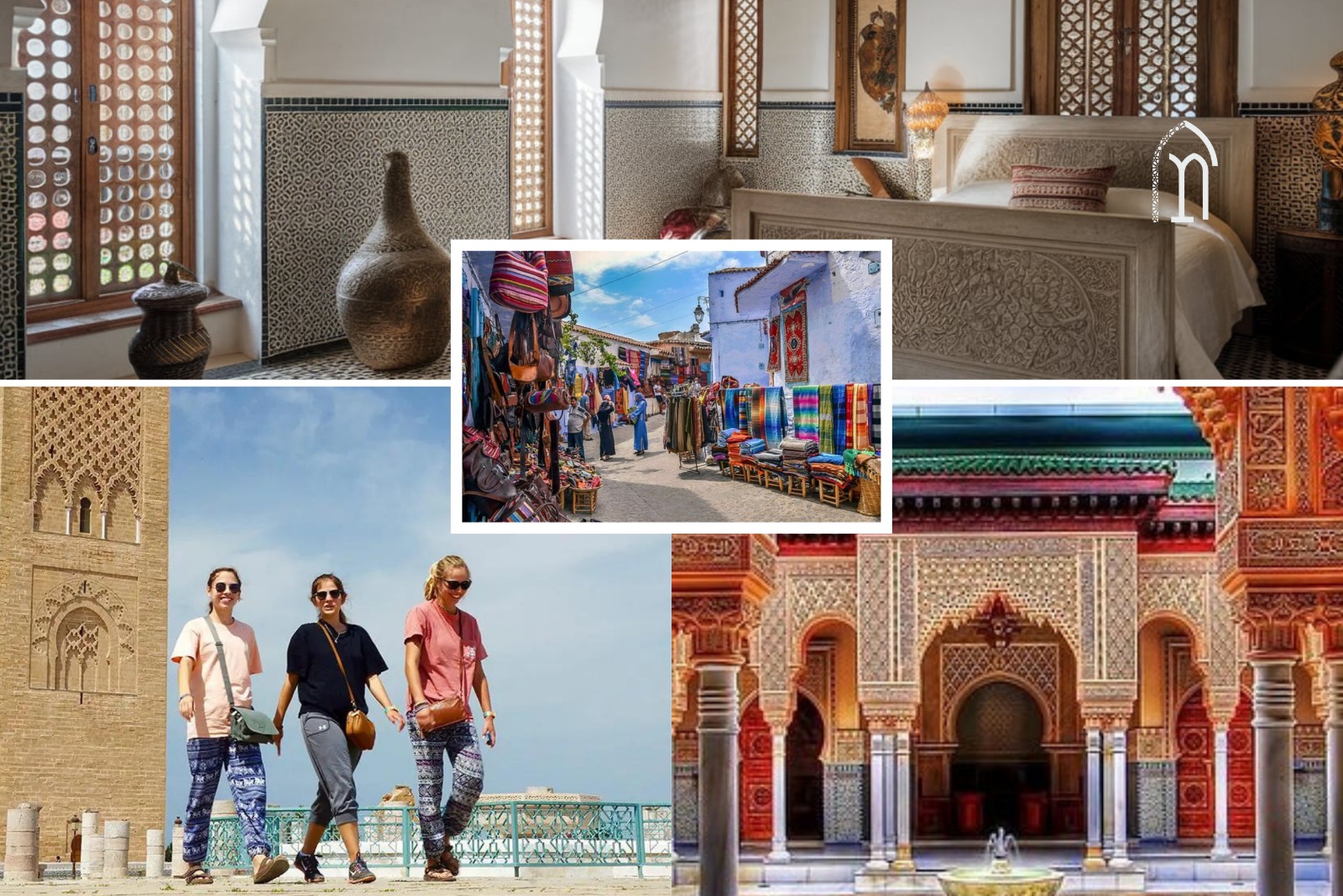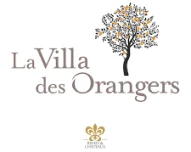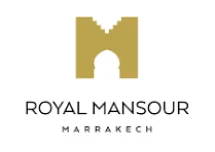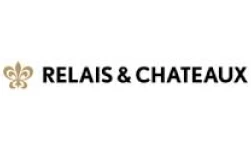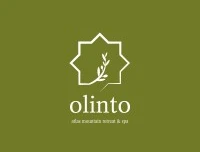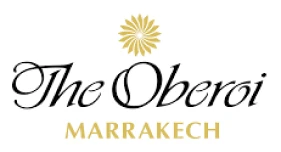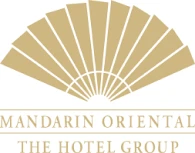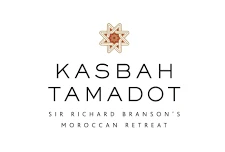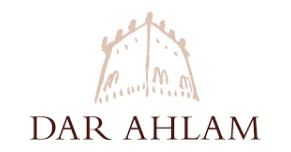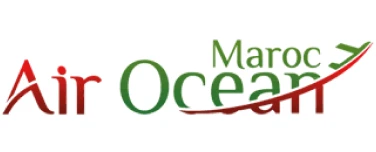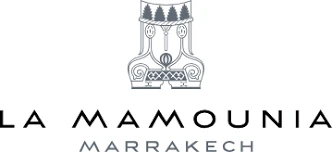Premium Travel Services
Safe transfer
Catering & dining
Private resorts
Comfortable rooms
Our Morocco luxury tours offers a variety of packages tailored to your interests. Whether you’re an adventure seeker, love history, or enjoy culture, we have the perfect tour for you. Explore ancient cities , trek through stunning landscapes, and immerse yourself in Morocco’s rich traditions. Our tours ensure a seamless and enriching experience, promising unforgettable memories in this diverse and captivating destination.
Luxury travel agency in Morocco . Our private tours are designed exclusively for you, offering personalized experiences beyond the ordinary. Our expert guides and local knowledge ensure the best luxury experiences. We create custom trips for you, whether you love history, food, or adventure. Enjoy an unforgettable journey through Morocco’s beautiful landscapes with our personalized tours.
Discover the true spirit of Marrakech and Morocco through unique, carefully curated experiences designed by our luxury travel specialists. As a leading luxury travel agency in Marrakech, we take you far beyond typical tourist routes to reveal the authentic essence of the city and the country.
Stroll through vibrant souks, ride camels across the golden Sahara Desert, and savor authentic Moroccan cuisine in bustling local markets. Our expert guides bring every moment to life with captivating stories about Morocco’s rich history, culture, and traditions.
Host unforgettable corporate events, exclusive retreats, and luxury team-building experiences across Morocco. From private riads in Marrakech to serene desert camps under the stars, our expert planners craft every detail with precision, ensuring seamless logistics, inspiring settings, and moments that leave a lasting impression
Whether you’re hiking through the breathtaking Atlas Mountains, relaxing in a luxury desert camp, or staying in an elegant riad, every detail of your journey is crafted for a truly immersive and premium Moroccan experience.
With our Morocco luxury travel services—recognized among travelers searching for a de luxe Morocco trips agency—you explore the country your own way: comfortably, authentically, and with the personalized care that defines our bespoke approach
.
Things to Do In Morocco
The luxury Morocco tour uniquely blends ancient traditions and modern culture. From lively markets to tranquil deserts, each corner offers unique experiences. Enjoy delicious Moroccan food, explore historic cities, and immerse yourself in local culture. Our Morocco luxury tours help you enjoy your vacation or adventures with friends and family. Morocco has something special for everyone. Here are 6 must-do activities to make your trip unforgettable:
Our tour packages include visits to the stunning medinas of Marrakech and Fes. Immerse yourself in the vibrant and colorful streets, where every corner tells a story.
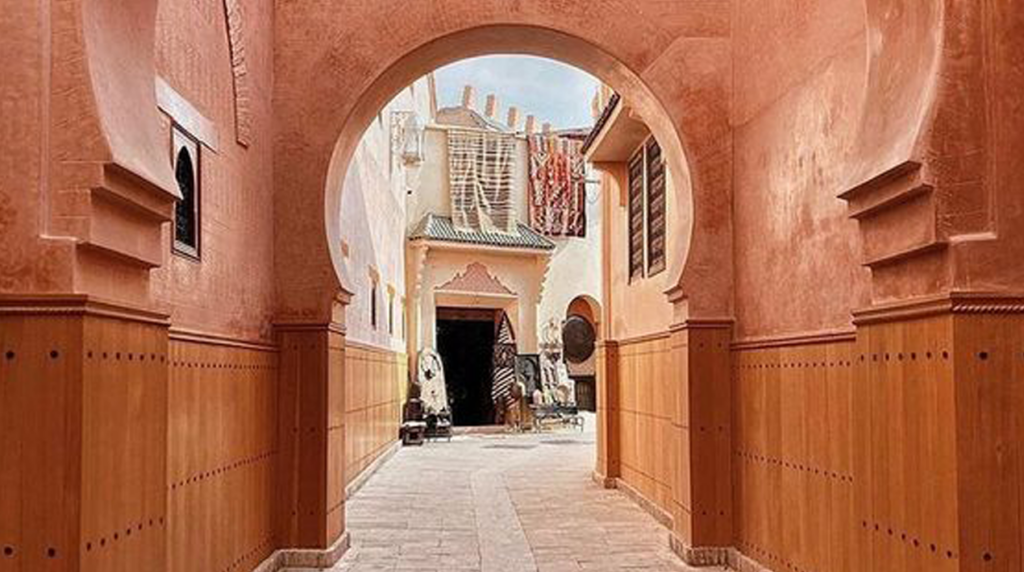
Take a camel trek across the mesmerizing dunes of the Sahara. Spend an unforgettable night in a desert camp under a starlit sky.
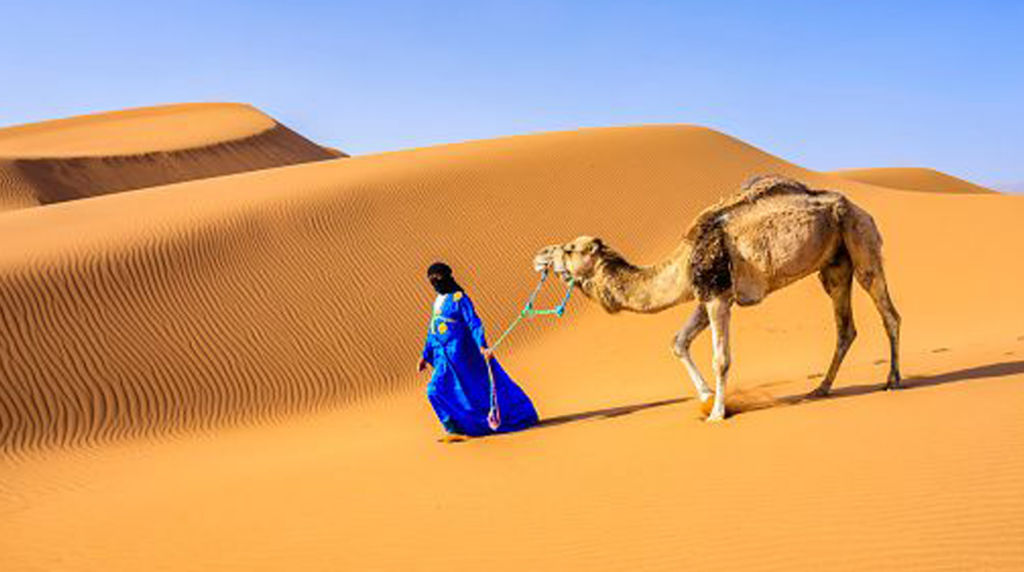
Located in northwest Morocco, on the coasts of the Mediterranean Sea and the Atlantic Ocean, Tangier is a city rich in culture and scenic landscapes, serving as a gateway to Europe and Africa.
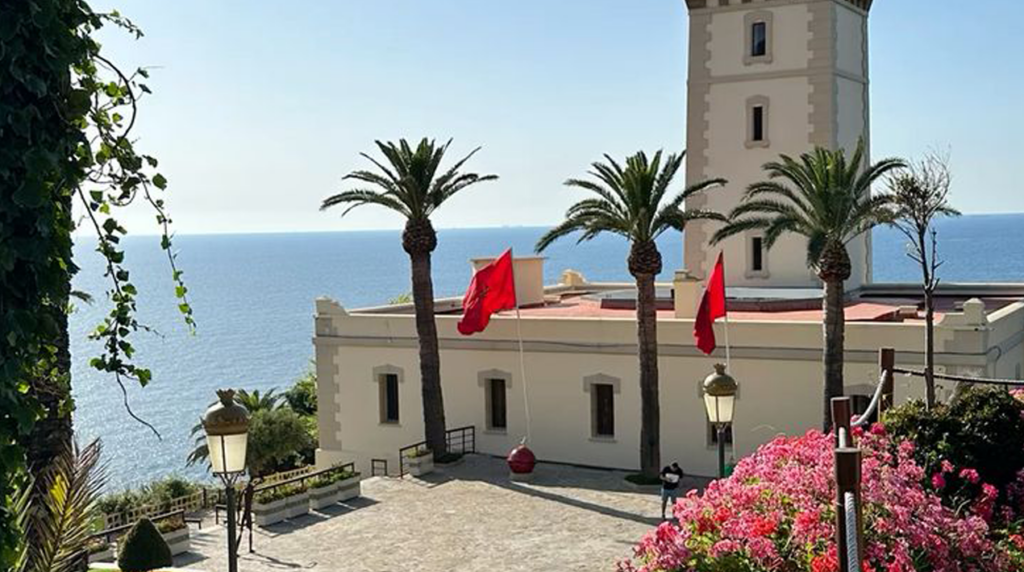
Explore the Atlas Mountains through hiking. Discover Berber communities, breathtaking landscapes, and the natural splendor of Morocco.
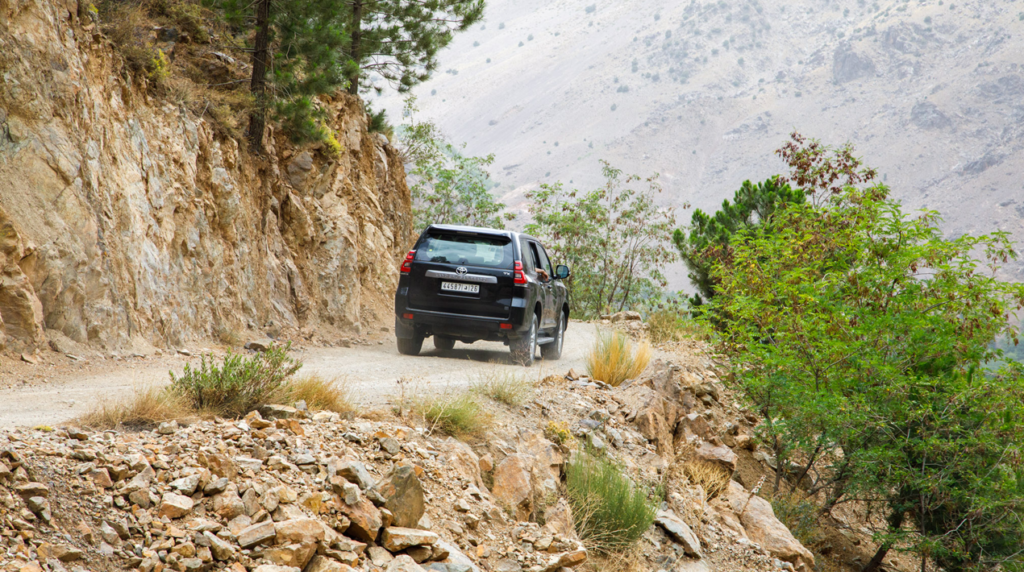
Visit Chefchaouen, nestled in the Rif Mountains. Enjoy the tranquility of its blue-washed streets, where you can shop for unique local goods.
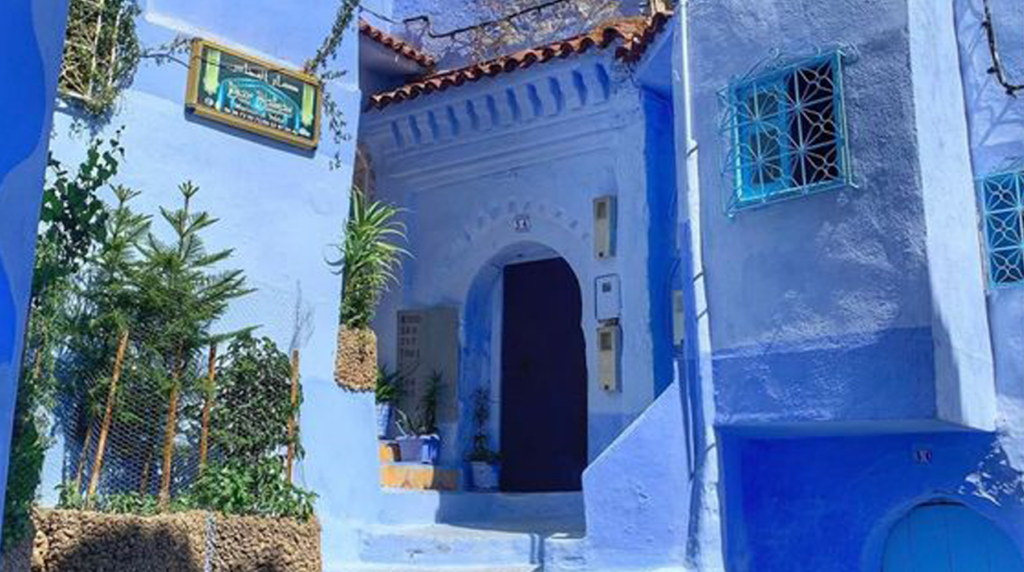
Essaouira offers a relaxed atmosphere. Explore the historic medina, stroll along the scenic beach, and savor fresh seafood at the bustling port.
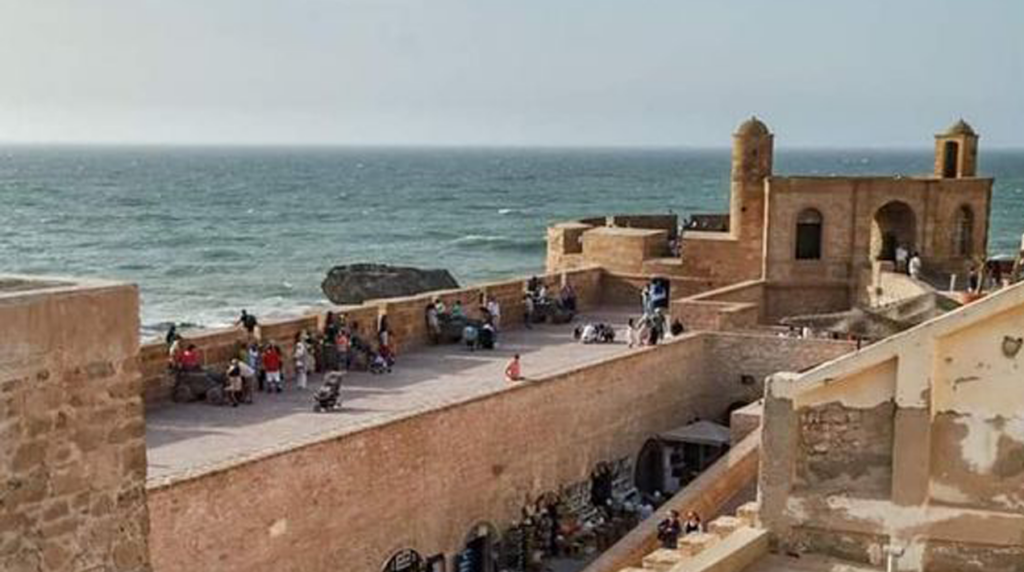
Luxury resorts, private tours and VIP transfers, carefully hand-picked based on your tastes and budget
Director
As a trusted Morocco tour operator, we handle all aspects of your trip, from planning to execution. Our luxury tour agency in Marrakech works closely with the best local partners to ensure exceptional travel experiences. Whether arranging transportation, booking unique excursions, or securing reservations at the finest establishments, we care for everything.
Start your incredible journey with our Morocco luxury travel. Whether you want to explore bustling markets in Marrakech, hike in the Atlas Mountains, or experience the peaceful Sahara Desert, we have the perfect adventure. Our tours are designed to show you Morocco’s fascinating history, lively culture, and stunning scenery.
Don’t miss out – book your Moroccan adventure today and make memories that will stay with you forever.
Why Guests Love Morocco Luxury Highlights
Verified Amazing experience! We had the pleasure of having Aziz as our tour guide in Marrakech with my group of 6 girlfriends. He was really well informed , easy to be around and we felt very safe with him helping us navigate the souks. He went out of his way to accommodate all of our preferences, listened to what we wanted out of our days with him and tailored plans accordingly! He even had a few special experiences we had not expected which was amazing. I would definately use his agency to help plan my next trip to Morroco which would include visiting places outside of Marrakech. Thank you Aziz.. will be sending some of my other friends your way!Posted onVerified Highly recommended! Morocco luxury highlights takes care of everything so you get the best experience Morocco luxury highlights is the best! They made our trip here so memorable. Aziz took care of everything. We can’t wait to come back.Posted onVerified Great experience Fayssal was a mixing tour guide for our first time in Marrakech! Loved that we could skip the line and get the history and inside scoop for all the sights. Having a guide in the souk is essential. The bestPosted onVerified Wonderful tour guide in Marrakech Fayssal was a wonderful tour guide. He was very knowledgeable sharing information about Morocco and its history. We did a walking tour seeing many sites in the Medina and he led us through the labyrinth of the souk. He has excellent communication and helped us with transportation and reservations for several delicious restaurants. I highly recommend him!Posted onVerified Best tour! Aziz is the best! My boyfriend and I had an amazing experience exploring Marrakesh thanks to Aziz and Morocco Luxury Highlights. Aziz is very knowledgeable, and made the whole experience enjoyable and memorable. We look forward to coming back to Morocco and booking with Morocco Luxury Highlights We couldn’t recommend them enough!Posted onVerified Amazing experience Cannot recommend them enough! Luxury Highlights has made our trip so easy and wonderful. Aziz and Ali were amazing guides, and customized the entire experience based on what we were wanting to do and see, and gave us all the best recommendations. Aziz is a wealth of knowledge. If you’re going to Morocco, you should absolutely book your trip with luxury highlights!Posted onVerified Unforgettable Experience...Let's do it again! Our time in Morocco was an unforgettable experience. Because of Morocco Luxury Highlights (MLH), our once in a lifetime trip will now be at least two or three trips back to this magical country. We wouldnt book with anyone else and have already referred friends to MLH. The entire team at MLH was kind, thoughtful, and knowledgable. They tailored our trip to our wants and needs...ensuring we learned a great deal about the history and culture of Morocco while having a great deal of fun along the way. Aziz Kaf, the co founder of this touring company, took us in like family. He guided us through the streets of Marrakech and made sure we made it safely to the Atlas Mountains. From a cooking class, museums, to authentic local restaurants, the souks of the Medina, and a custom experience at a saffron farm, Aziz and his team took the best care of us. He even has stayed in touch to ensure all the treasures we bought make it through customs and home. We look forward to Aziz and his team organizing our next trip to Northern Morocco!Posted onVerified Aziz tour of Marrakesh Had an amazing tour with Aziz today. He was knowledgable, professional and patient with us when we needed to take a break in the heat. He knows all the right places and can show the best of Marrakesh in the time you have available. Five stars *****Posted onVerified Fantastic guide for a trip to Morocco and Marrakech Aziz was a great tour guide. We had never been to Morocco or Marrakech and didn’t know what to expect. Aziz steered us away from all of the classic tourist traps. He provided a relaxed and insightful four hours touring the medina. We were in good hands and even helped us haggle. I highly recommend him.Posted onVerified The Medina Master – Ask for Aziz! We had an amazing time exploring the medinas of Marrakech thanks to Aziz. He was the perfect guide—knowledgeable, friendly, and completely in tune with what we wanted to see. From hidden gems to must-see spots, he knew exactly where to take us, and we never once felt lost or overwhelmed (which is saying something in the medina!). Without him, the trip wouldn’t have been half as enjoyable. Highly recommend Aziz if you want the real Marrakech experience without the chaos.

